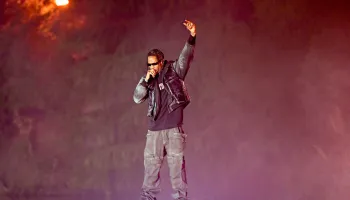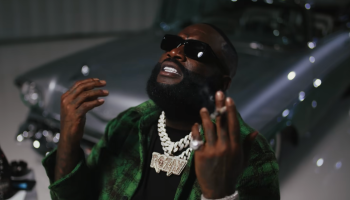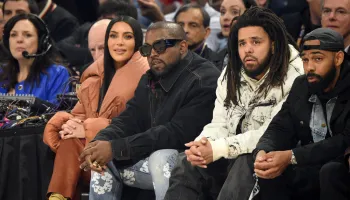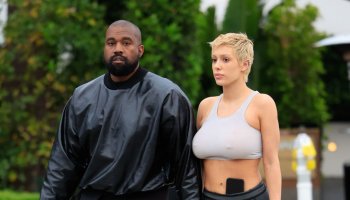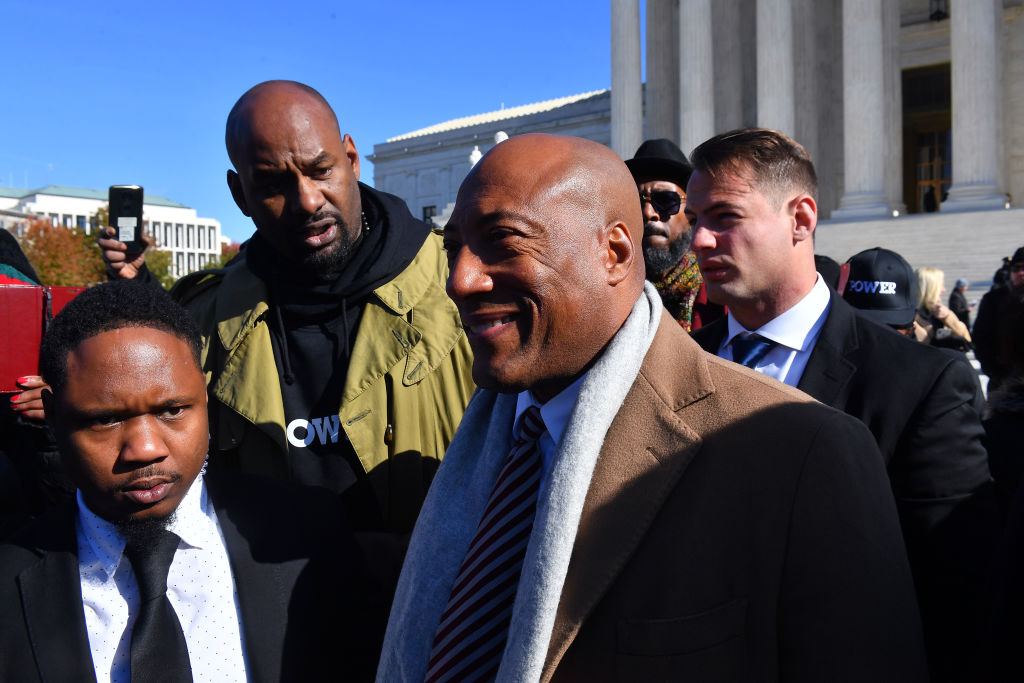
Source: Larry French / Getty
Media mogul Byron Allen’s four year court battle against cable titan Comcast has finally reached the Supreme Court.
According to Deadline, Supreme Court justices weighed in on the $20 billion discrimination case that Byron Allen filed against Comcast for violating the nation’s oldest Civil Rights Law that prohibits businesses from discriminating against people of color in regards to contract negotiations.
Byron alleges that Comcast declined to carry three of his networks stating that they didn’t have the “bandwidth or carriage capacities” but offered carriage to “lesser-known, white-owned” networks, such as Fit TV and the Outdoor Channel, “at the same time it informed Entertainment Studios that it was at capacity.
The district court previously dismissed the case three times, but on appeal to the Ninth Circuit, Comcast and a defendant in another of Allen’s lawsuits, Charter Communications, were advised that the judges reversed the previous decision, concluding that Allen “needed only to plausibly allege that discriminatory intent was a factor in Comcast’s refusal to contract, and not necessarily the but-for cause of that decision.”
In their decision, the justices wrote that Allen raised “sufficient allegations from which we can plausibly infer that Entertainment Studios experienced disparate treatment due to race and was thus denied the same right to contract as a white-owned company”, citing Allen’s allegations that Comcast offered carriage to “lesser-known, white-owned” networks as a credible basis.
Many following the potential landmark case as one against civil rights due to Comcast’s attempt to discredit Allen’s claim of discrimination by bolstering African American owned channels that they opted to carry, like Revolt; but many supporters of Allen view their stance and alignment with the Trump Administration as a tell tell sign to what the cable giant’s intention with taking the case to trial versus settling with Byron Allen like AT&T did. Many are accusing Comcast of trying to repeal the oldest civil rights law by seemingly making it obsolete.
Comcast maintains that they are not trying to repeal the two century old law, but instead are asking the courts to operate as before regarding their decision.
“We believe that the civil rights laws are an essential tool for protecting the rights of African-Americans and other diverse communities,” Comcast said via a statement. “We have been forced to appeal this decision to defend against a meritless $20 billion claim, but have kept our argument narrowly focused. We are not seeking to roll back any civil rights laws – all we are asking is that section 1981 in our case be interpreted the same way it has been interpreted for decades across the country.”
In addition to facing a lawsuit for allegedly violating Allen’s civil rights, Comcast is also facing members of Congress after Illinois Representative Bobby Rush called for the conglomerate to be broken up into smaller entities. According to Rush, Comcast has reached it’s prominence because of the very people they are trying to shut out and he feels that if the case is dismissed that the playing field needs to be leveled.
Comcast has enjoyed the largesse – as has the cable industry, in general – of the African American and other minority communities and has reached such prominence that it now disregard these communities with a cold, callous corporate insensitivity that is stultifying, arrogant, harmful, and intensely painful,” Rep. Bobby Rush wrote in a letter to Comcast CEO Brian Roberts.
Roberts responded calling the claim untrue before noting the contributions the network has done both momentarily and in regards to representation.
“We’ve gone above and beyond the MOUs from the NBCUniversal transaction in every case. While Byron Allen chose not to participate in the MOU process that brought four African American owned networks on to our cable lineups, entrepreneurs who started the channels ASPiRE, REVOLT, AFRO, and CLEO TV, have all launched with our support,” Roberts responded. “Our film divisions are making films like Us, Get Out, Straight Outta Compton, Harriet, Girls Trip, Little, and Queen and Slim, all with African American directors and stars. We’ve dramatically increased on air and behind the camera diversity across all of NBCUniversal.”
Since the initial filing of the case, Byron Allen’s business has bought multiple networks including The Weather Channel and 21 of regional Fox sports networks, which he purchased with Sinclair Broadcasting. If the Supreme Court decides in his favor, the fight would still be far from over. According to the process, if Allen succeeds, the case would then go back to the lower court for a set of new hurdles before the case would go to trial.








